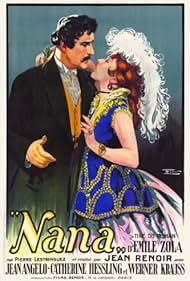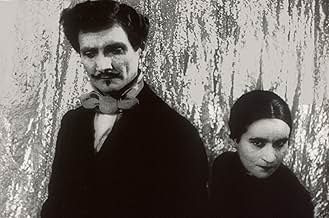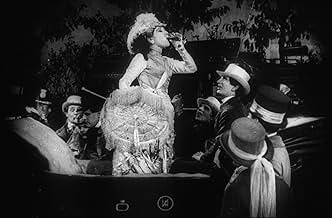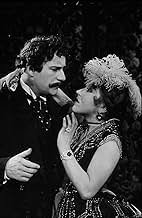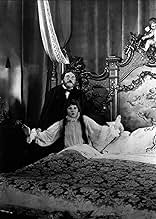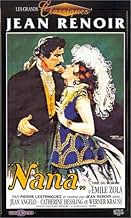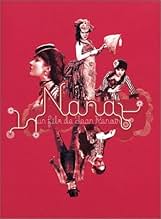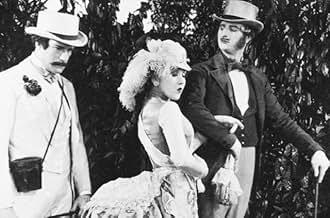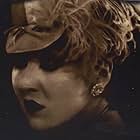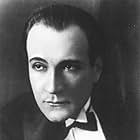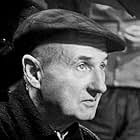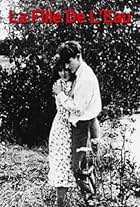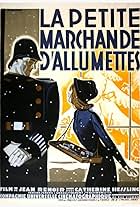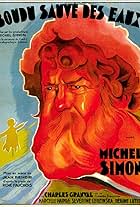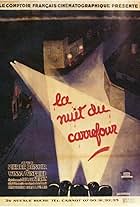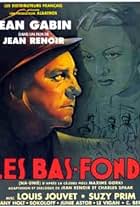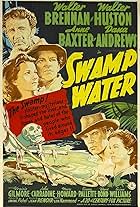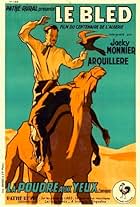There is a specular quality to Nana that would appear to have some bearing on later Renoir films (Regle and M. Lange come to mind)... however, the affectations of the performances are so tremendously overwrought that each character becomes caricature. The plot plays out like a Punch and Judy show (in this reviewer's opinion) and I will be the first to admit that I would surely benefit from being more familiar with its literary roots in Zola (Nana that is to say... and not Punch and Judy!). The affectations also render the very milieu a grotesque, disdainful stage. Perhaps this was Renoir's intention. Perhaps Renoir was fighting against his better judgment to adapt literary sources prior to knowing the path of his own stylistic system and development. Nana has ample opportunities to employ Renoir's signature stylistic model, however, he refuses to liberate the camera or utilize deep staging for his multiple protagonists. Instead, we are left with theater-like tableau shots. The tableau and caricature make one wonder about how apt the blanketing of "naturalism" works as an operational descriptor across Renoir's oeuvre. But the coup de grace comes with the use of studio sets for exteriors during some of the scenes at the horse races. Much is left to desire and Renoir overemphasizes his ability to over-determine every aspect of the production. Again there is a near-death hallucination impressionist sequence at the end (like La Fille de L'Eau)... is Renoir prognosticating about the death of something in the cinematic medium itself? His next film would be an ironic compliment to the Jazz Singer.
